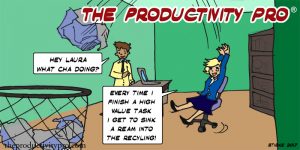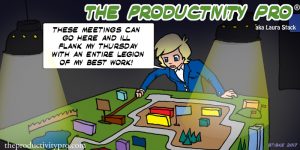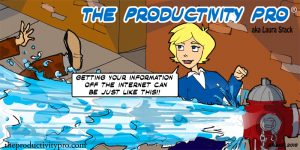
“Until you value yourself, you won't value your time. Until you value your time, you will not do anything with it.” – M. Scott Peck, Motivational Author. In some circles, the term "self-esteem" is sacred; in others, it's treated almost as a profanity. As we transition from an Age of Autocrats to one of true meritocracy, those still invested in the old paradigm see it as a weasel word preventing us from constructively criticizing workers and students—sometimes to the point they become so over-coddled they can't do anything. Most businesspeople are more moderate, however. Even hardcore types like Ray Dalio, who recently handed down his book Principles from the lofty mountain of the world's largest hedge fund, is not unsympathetic to self-esteem. On the other hand, he clearly sees it as … [Read more...]











